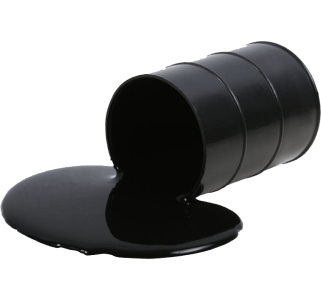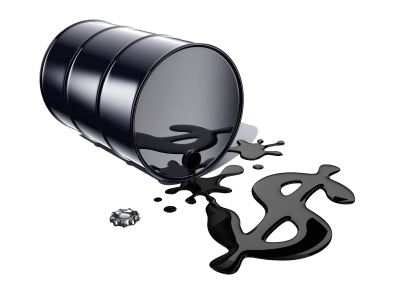overview of crude oil:
What is Crude Oil?
Crude oil is a naturally occurring, unrefined petroleum product composed of hydrocarbon deposits and other organic materials. It can be refined to produce usable products such as gasoline, diesel, and various petrochemicals.
Origin:
Crude oil is formed from the remains of ancient marine organisms, like plankton and algae, that settled at the bottom of seas and oceans millions of years ago. Over time, these remains were buried under layers of sediment and subjected to heat and pressure, transforming them into oil.

crude oil-titc
Types of Crude Oil
Crude oil varies in appearance and composition, and is classified based on its viscosity (light, medium, heavy) and sulfur content (sweet, sour). For example:
- Light Cru.de Oil: Low density and high in hydrocarbons, making it easier and cheaper to refine into gasoline.
- Heavy Cru.de Oil: High density and more complex to refine.
- Sweet Cru.de Oil: Contains low levels of sulfur.
- Sour Cru.de Oil: Contains high levels of sulfur.
Key Components
Hydrocarbons: The primary components, which are molecules made up of hydrogen and carbon.
Impurities: Sulfur, nitrogen, oxygen, and trace metals that are removed during the refining process.
Extraction and Production
Crude oil is extracted through drilling wells on land or offshore. Major production methods include:
- Onshore Drilling: Wells drilled on land.
- Offshore Drilling: Wells drilled in oceanic and sea beds.
- Fracking: Hydraulic fracturing to extract oil from shale formations.
Refining Process
Crude oil undergoes refining to separate it into various components:
- Distillation: Heating crude oil to separate it into different fractions based on boiling points.
- Cracking: Breaking down larger hydrocarbon molecules into smaller, more useful ones.
- Reforming: Rearranging molecular structures to enhance the quality of fuel.
Uses of CrudeOil
Crude oil is refined into a variety of products:
- Fuel: Gasoline, diesel, jet fuel, heating oil.
- Lubricants: Motor oils, grease.
- Petrochemicals: Plastics, synthetic fibers, pharmaceuticals, fertilizers.
Global Impact
Economy: Crude oil is a major economic driver, influencing global markets and geopolitics.
Environment: Oil spills, greenhouse gas emissions, and other environmental impacts are significant concerns.
Major Producers
The leading producers of crude oil include countries like the United States, Saudi Arabia, Russia, Canada, and China.

crude oil-titc
Understanding crude oil’s role in the global economy, its extraction, and its environmental impact is crucial for comprehending its significance in our modern world.








